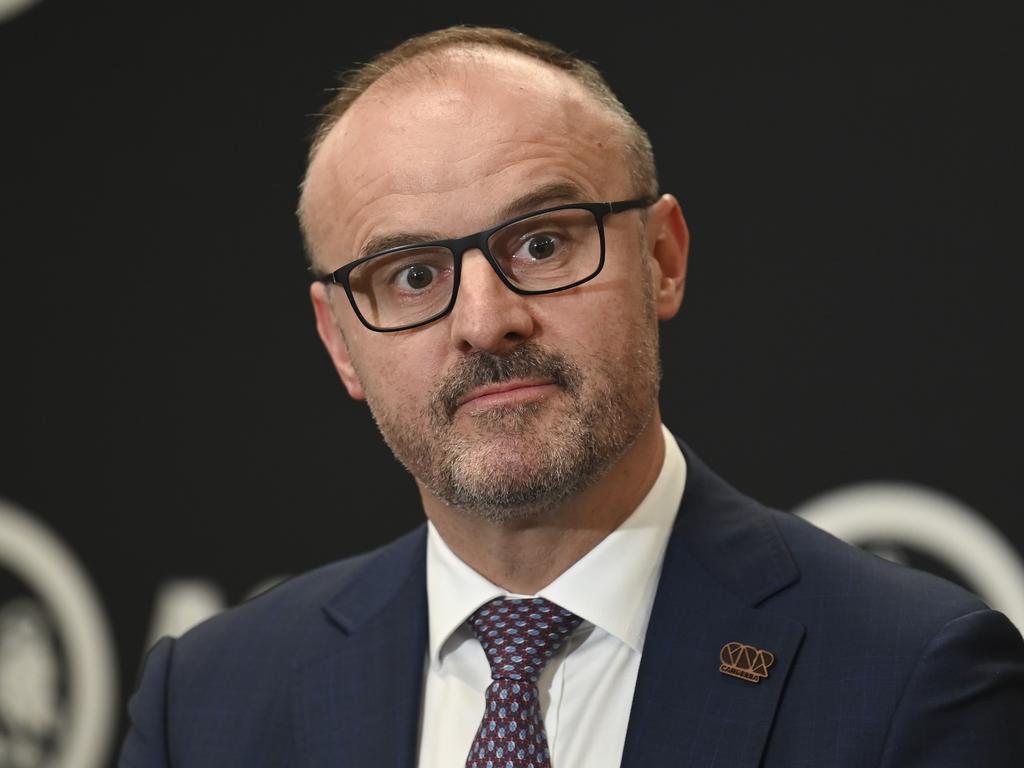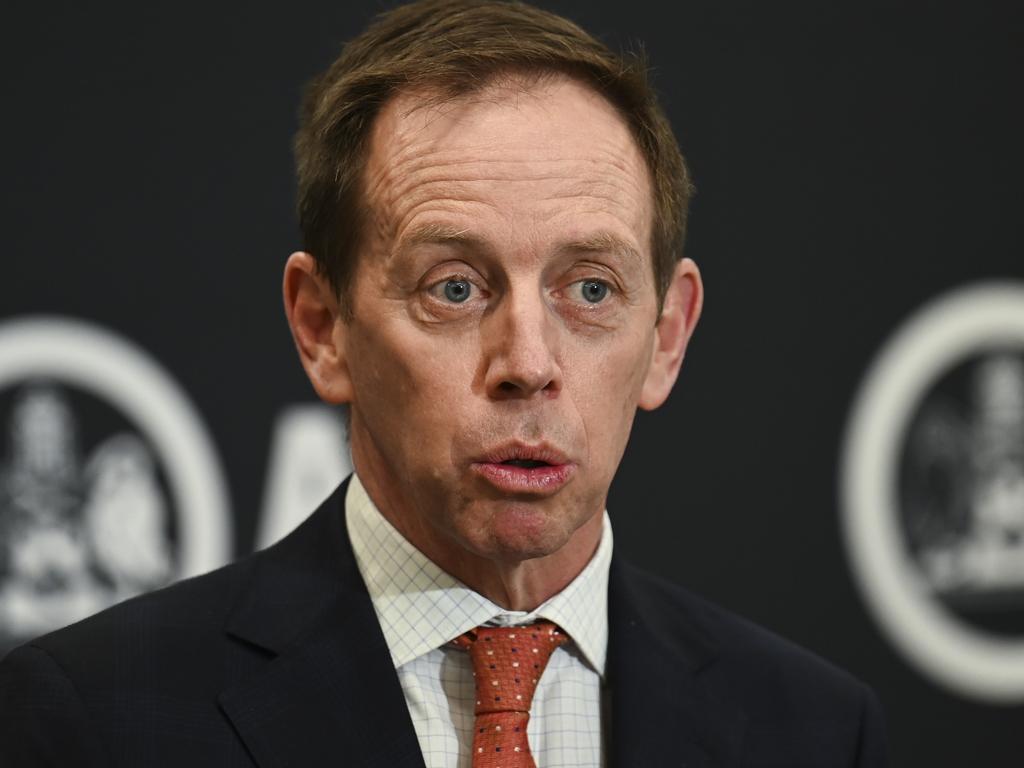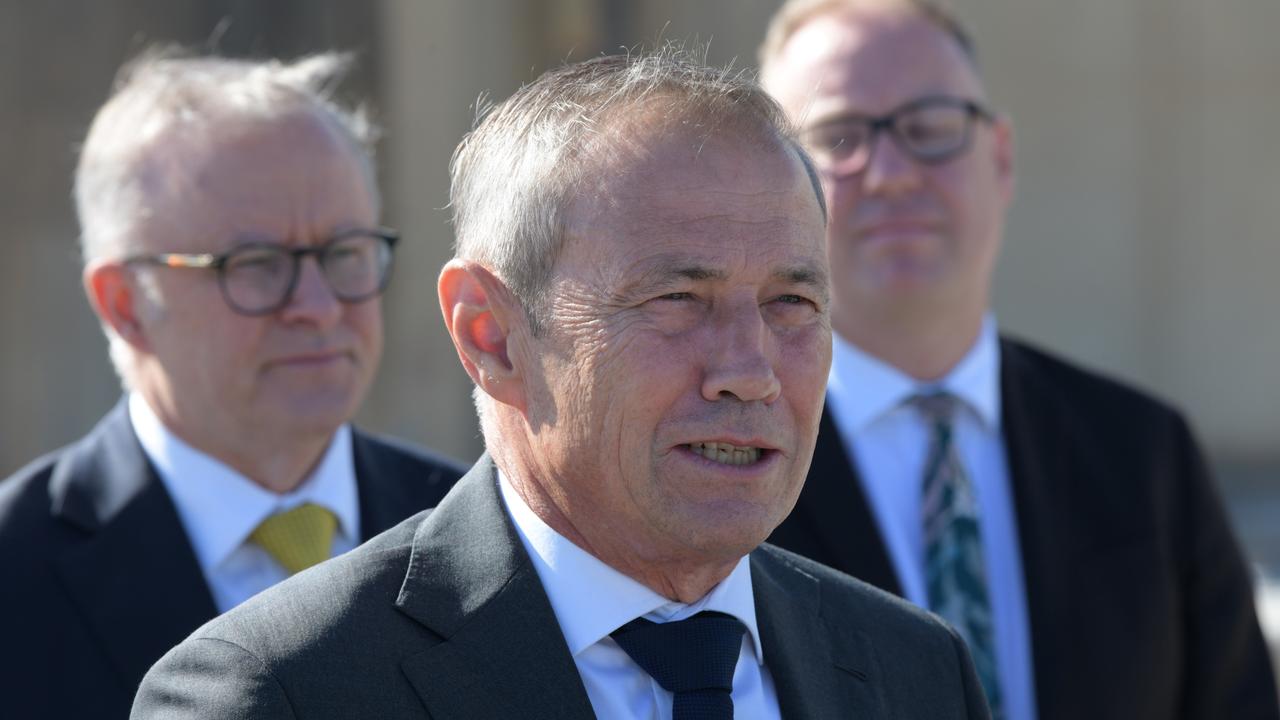Concern over ACT Attorney-General Shane Rattenbury’s failure on protocol
A three-year delay by the ACT government has led to a perception that some judicial appointees in the ACT lack the legal skills or experience for the job, a senior barrister says.
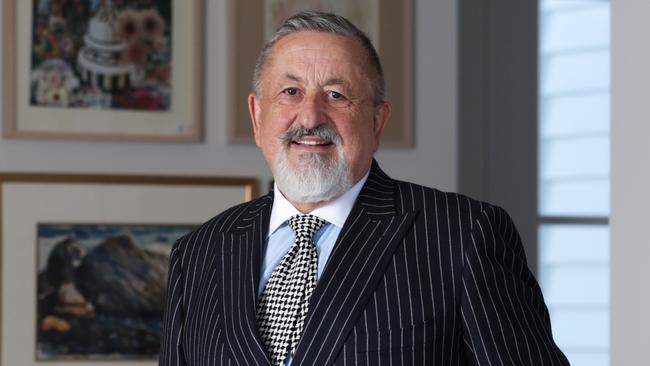
The failure by ACT Attorney-General Shane Rattenbury to adopt a protocol for the appointment of judicial officers has led to a perception that some judicial appointees in the territory lack the legal skills or experience for the job, says a senior barrister who helped draft the protocol.
The ACT Greens leader’s stonewalling on the protocol for more than three years meant some recent judicial appointments “have been met with dismay among the legal fraternity”, said veteran criminal lawyer Jack Pappas, who was vice-president of the ACT Bar Association when the draft judicial appointment protocol was submitted to the Attorney-General.
“I have personally raised with the Attorney on more than a few occasions the fact that the protocol has been made to disappear like some magician’s handkerchief and I too have been fobbed off with platitudes.” Mr Pappas told The Australian.
“Nobody wants to say anything about it and it’s concerning at a time when there are appointments being made left, right, and centre.”
Mr Pappas’s comments follow revelations by The Australian that two months before he was rejected for the position of ACT Director of Public Prosecutions, Anthony Williamson SC, who had been acting in the role for more than a year, was summoned to an extraordinary meeting with Mr Rattenbury.
In what lawyers described as a highly unusual and disturbing intervention, Mr Rattenbury told Mr Williamson he was “concerned” that the Acting DPP had terminated a number of recent sexual-assault prosecutions in Canberra.
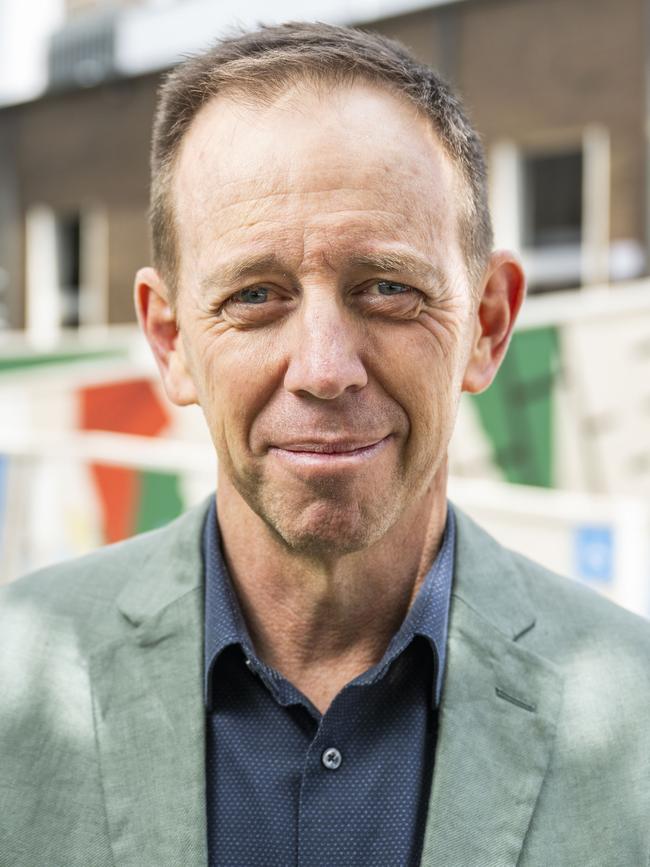
An angry Mr Williamson later told colleagues it was highly inappropriate that he should be “hauled over to (Mr Rattenbury’s) office like an errant little schoolboy to explain myself as an independent statutory office holder”.
Mr Pappas described Mr Rattenbury’s conduct as “appalling.”
“That the Attorney-General should call (the Acting DPP) into the office, as it seems highly likely happened, and question him about it – it’s absolutely no business of the Attorney-General, why he’s doing it and how he’s doing it,” he said. “He’s got an independent statutory function, and the Attorney should keep his nose out of it.”
“Mr Rattenbury hasn’t so far as I know, ever really practised, and he is captive to those around him who are all public servants, who almost to a man or woman have never practised.
“He’s almost exclusively driven by those in the department who are telling him what’s good and what’s bad.”
Last week the ACT government appointed NT silk Victoria Engel SC to fill the permanent role of DPP left vacant by Shane Drumgold last year when he stepped down following serious misconduct findings against him.
The role had been widely expected to go to Mr Williamson, who had stepped in as acting director when Mr Drumgold departed.
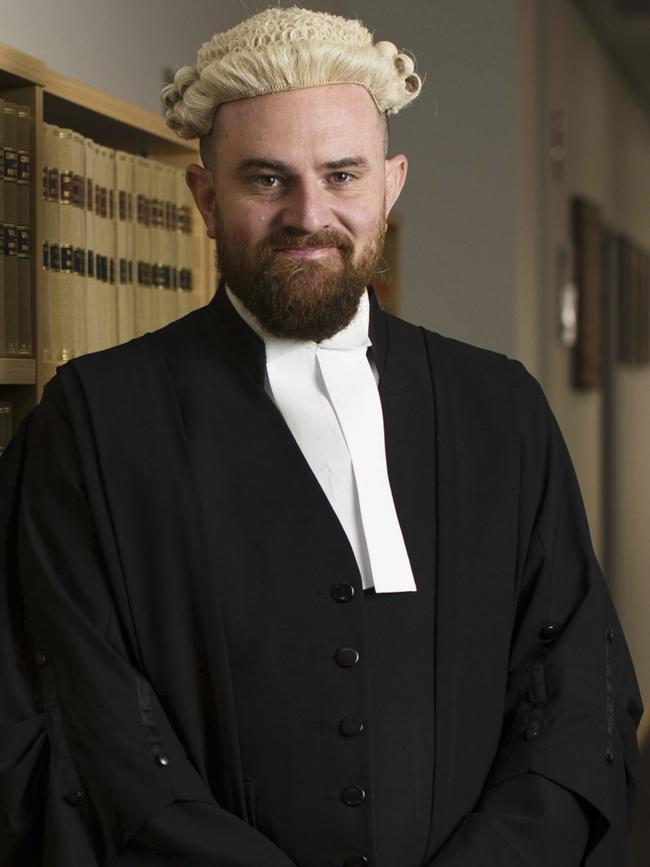
Mr Pappas said Mr Williamson had done an excellent job as acting director.
“He’s no easy beat,” he said. “I’ve had cases against him. He’s a really capable advocate. He’s not a fellow just to roll over and offer no evidence in matters and I’m sure that he (didn’t take lightly) the decision to discontinue some of these sexual matters.
“And he’s not someone who would likely take the Attorney leaning on him.
“I think he’s a very good operator, and they’re going to lose him; whether he’s given his notice yet or not, he will. And the director’s office will be the poorer for it.”
The protocol for the appointment of judicial officers was drafted by the Bar Association, with elements taken from similar protocols in Victoria and Queensland, and unanimously endorsed by the Bar Council. But Mr Pappas said nothing appeared to have been done by Mr Rattenbury to adopt the protocol.
“Despite some mouthed platitudes and a number of assurances that the protocol was under active consideration, absolutely nothing has happened to advance the adoption of a protocol in the ACT which would allow the public and lawyers alike to have some understanding of the way in which the government goes about selecting those for high office,” he said.
In the intervening three-year period, a number of acting and permanent appointments to the Magistrates Court and to the Supreme Court had been made, he said, “with little, if any, forewarning to the profession and little, if any, notification that an appointment was being considered”.
“We’ve had two acting justices appointed in the Supreme Court very recently, where so far as I was aware, nobody knew that they were looking for acting justices.”
On Wednesday both the ACT government and the ACT Bar Council refused to release the protocol to The Australian.
A spokesman for the ACT Justice and Community Safety Directorate (JACS) said “no decision has been taken by the ACT government to introduce a new Judicial Appointment Protocol for the Territory, claiming that the model proposed by the Bar Association “purported to bind the government in how it chose the successful candidate”. However, the Attorney-General had agreed that JACS should “undertake targeted consultation with justice stakeholders” seeking views on the proposal for a new protocol.
If you know more contact: stephenrice1@protonmail.com

